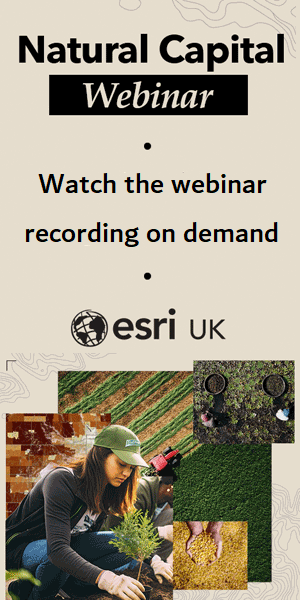Public Health England
|
|
UKHSA launches study to better understand COVID-19 vaccine response
UKHSA has been awarded funding to lead a consortium of research partners to better understand how individuals respond to the coronavirus (COVID-19) vaccines.
The UK Health Security Agency (UKHSA) will lead a consortium of academic partners receiving £1.5 million in funding from the UK Research and Innovation (UKRI) to understand why some people become infected after vaccination or prior infection while others do not.
The Public Health England (PHE) landmark SARS-CoV-2 immunity and reinfection evaluation (SIREN) study, together with a number of other research cohorts and partners including the Protective Immunity from T-Cells in Healthcare workers (PITCH) study, the Humoral Immune Correlates of COVID-19 (HICC), the Genotype to Phenotype (G2P) Consortium, GenOMICC and the Francis Crick Institute will assess participants’ detailed immune system response to COVID-19 infections and vaccinations.
The research will seek to answer a number of key questions, including why some people get reinfections or infections after vaccination while others do not. It will also assess how long immunity from vaccinations lasts, how the timeline differs between the different vaccines and how changes in the SARS-CoV-2 virus’ genetic make-up might evade the immune response.
Nearly 50,000 healthcare professionals enrolled in the existing SIREN and PITCH studies are given PCR tests every 2 weeks as well as regular antibody blood tests. The antibody results of those individuals who test positive for COVID-19, despite having had 2 doses of the vaccine or a previous confirmed infection, will be analysed by further specialised clinical interviews and tests to determine whether there are aspects of their immune response that differ from individuals who do not contract COVID-19. This could help to identify factors that increase the risk of ‘breakthrough’ infections – where someone catches COVID-19 despite being vaccinated.
Participants may also be asked if they would like to participate in analysis of their genetic code, to see if there are particular mutations in their DNA that might predict a poor response to vaccination.
Dr Susan Hopkins, COVID-19 Strategic Response Director at PHE said:
Understanding the immune response is essential, not only to determine who is most at risk of infections after vaccination, but also for vaccine developers who can target key components of the immune response effectively for future booster vaccines.
We are pleased that this funding will allow us to better understand immunity and are very grateful to the nearly 50,000 participants who have given up their time to take part in the study.
Health and Social Care Secretary Sajid Javid said:
Alongside the recent launch of a new UK-wide antibody testing programme, this new study will help us gain valuable insights into the immune response following vaccination or natural infection.
Our historic vaccination programme continues to prevent millions of infections and save over 95,000 lives in England alone. I encourage everyone to get both jabs so they can protect themselves and those around them.
Dr Rupert Beale, head of the Crick’s Cell Biology of Infection Laboratory, said:
Understanding immunity is crucial to the pandemic response. We are teaming up with PHE and partners across the UK to get the best measurements of the body’s immune response after vaccination.
We would like to understand which aspects of the immune response are the best predictors of vaccine efficacy. This will let us target additional doses of vaccine to people who might need them, and will inform the design of next generation vaccines to get better protection against emerging viral variants.
Original article link: https://www.gov.uk/government/news/ukhsa-launches-study-to-better-understand-covid-19-vaccine-response


